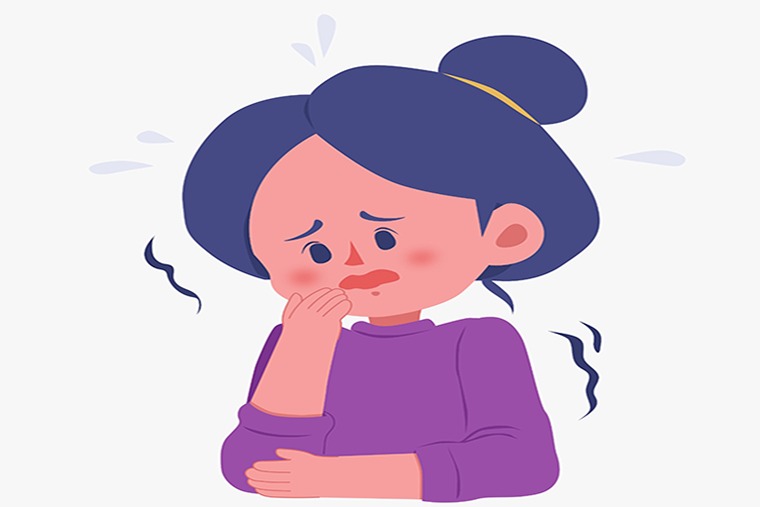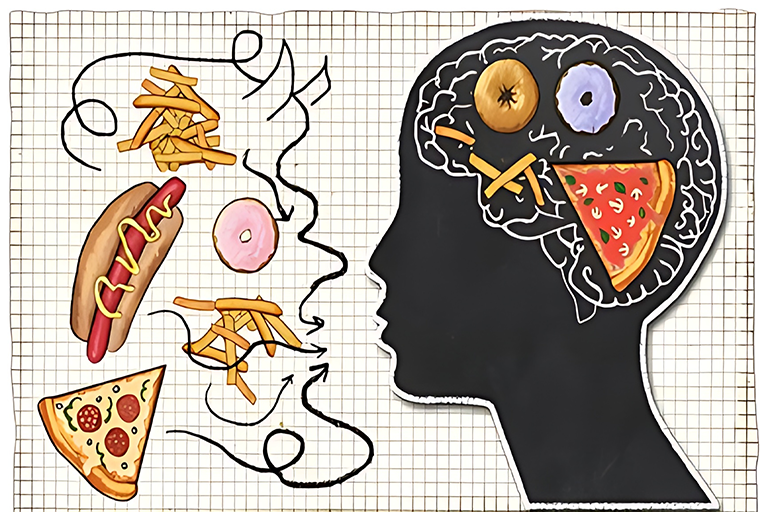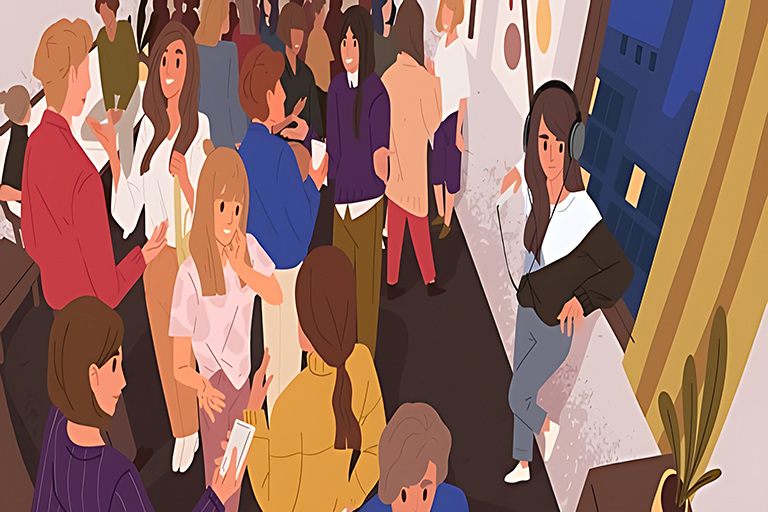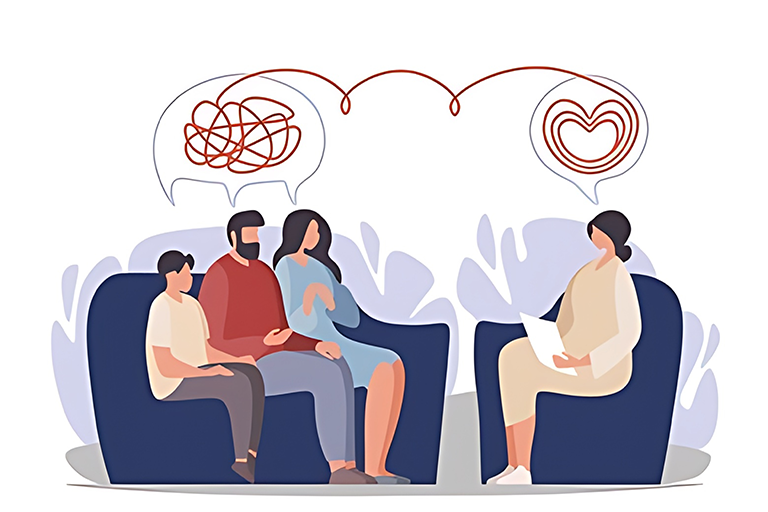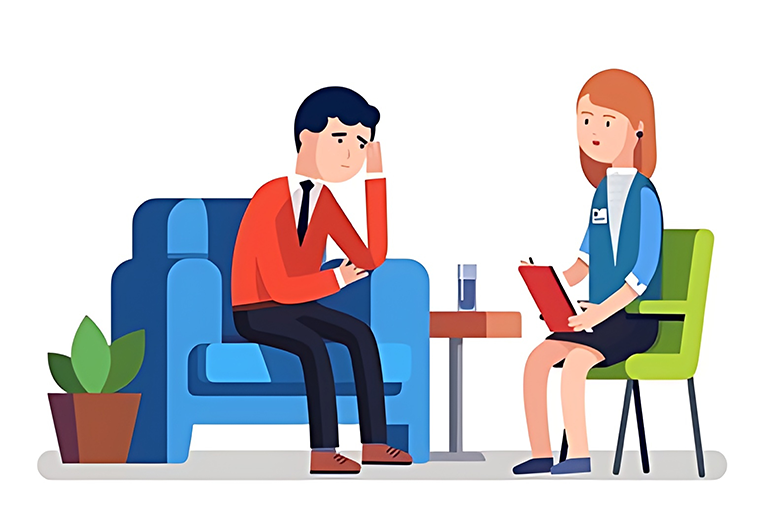Everyone has experienced the symptoms of anxiety, including the butterflies in the stomach before a new date, the tension felt when the boss is upset, and the pounding of the heart when in danger. We are motivated to act by anxiety. It prepares us for a potentially dangerous circumstance. It motivates us to work more on our exam preparation and keeps us alert while giving speeches. It generally aids in coping.
Butterflies in the Stomach!
However, if I have an anxiety problem, this generally beneficial sensation might have the exact opposite effect, making it difficult for me to cope by interfering with everyday activities. Anxiety disorders come in a variety of forms, each with unique characteristics.
I could experience anxiety most of the time as a result of an anxiety condition, seemingly for no cause. Or the nervous feelings might be so uncomfortable that I may quit doing some regular things to get rid of them. Or I may experience brief episodes of extreme anxiety that may leave me terrified and helpless.
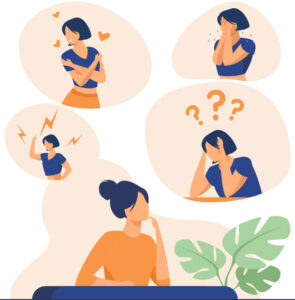
The majority of mental health diseases are anxiety disorders. Generalized Anxiety Disorder, Panic Disorder, Agoraphobia, Social Phobia, Obsessive Compulsive Disorder, Specific Phobia, Post-Traumatic Stress Disorder, and Acute Stress Disorder are all included in the group of anxiety disorders.
What Statistics says
According to the World Health Organisation (WHO), India’s mental health workforce is severely understaffed. There is a massive shortage of psychiatrists and psychologists compared to the number of patients suffering from mental health issues. According to the international organisations’ data, there are only three psychiatrists and psychologists for every 1,00,000 people. It has predicted that owing to the pandemic and its influential factors, the number of patients who have any mental disorders would touch 20 per cent in the country. Roughly 56 million Indians suffer from depression, and 38 million suffer from some anxiety disorder.
Myth and Reality about Anxiety
Many individuals continue to believe that having an anxiety illness is a sign of weakness or a character fault. You merely have a case of the nerves, and “Pull yourself up by your own bootstraps,” they both exclaim. Although there are therapies that can be helpful, wishing the symptoms away will not help.
Panic attacks and anxiety disorders are not indications of character flaws. Most importantly, it’s not your fault if you feel anxious. It is a severe mood condition that impairs a person’s ability to carry out daily tasks. It has an impact on one’s social life, family life, and employment.

There is a lot more information available today on the causes and therapies for this mental health issue. Every anxiety condition has biological and psychological components, and cognitive-behavioral psychotherapies are the most effective type of treatment. According to research, medication and psychotherapy may be combined depending on the level of anxiety. Contrary to what many people believe, anxiety disorders are not solely a physiological or medical condition.
An individual has a larger chance of developing an anxiety disorder throughout their lifetime due to genetics and family history. Anxiety may also be exacerbated by increased stress and a lack of effective coping mechanisms. Having experienced a tragic event, having to make important decisions in one’s life, or having adopted a more pessimistic outlook on life are just a few of the many causes of anxiety symptoms. It is uncommon to classify anxiety brought on by using drugs or abusing alcohol or other substances as an anxiety disorder.
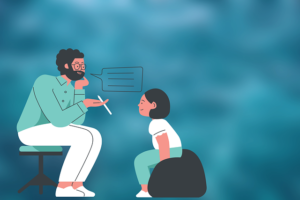
Seek professional assistance: Consulting a mental health expert may be beneficial if your anxiety symptoms are significantly affecting your everyday life or causing you great suffering.
Learn more: Mental Health Awareness
& Mobile Phone Addiction & Teenagers
Shruti Dua, Mental Health Blogger, YOUR Confidant

